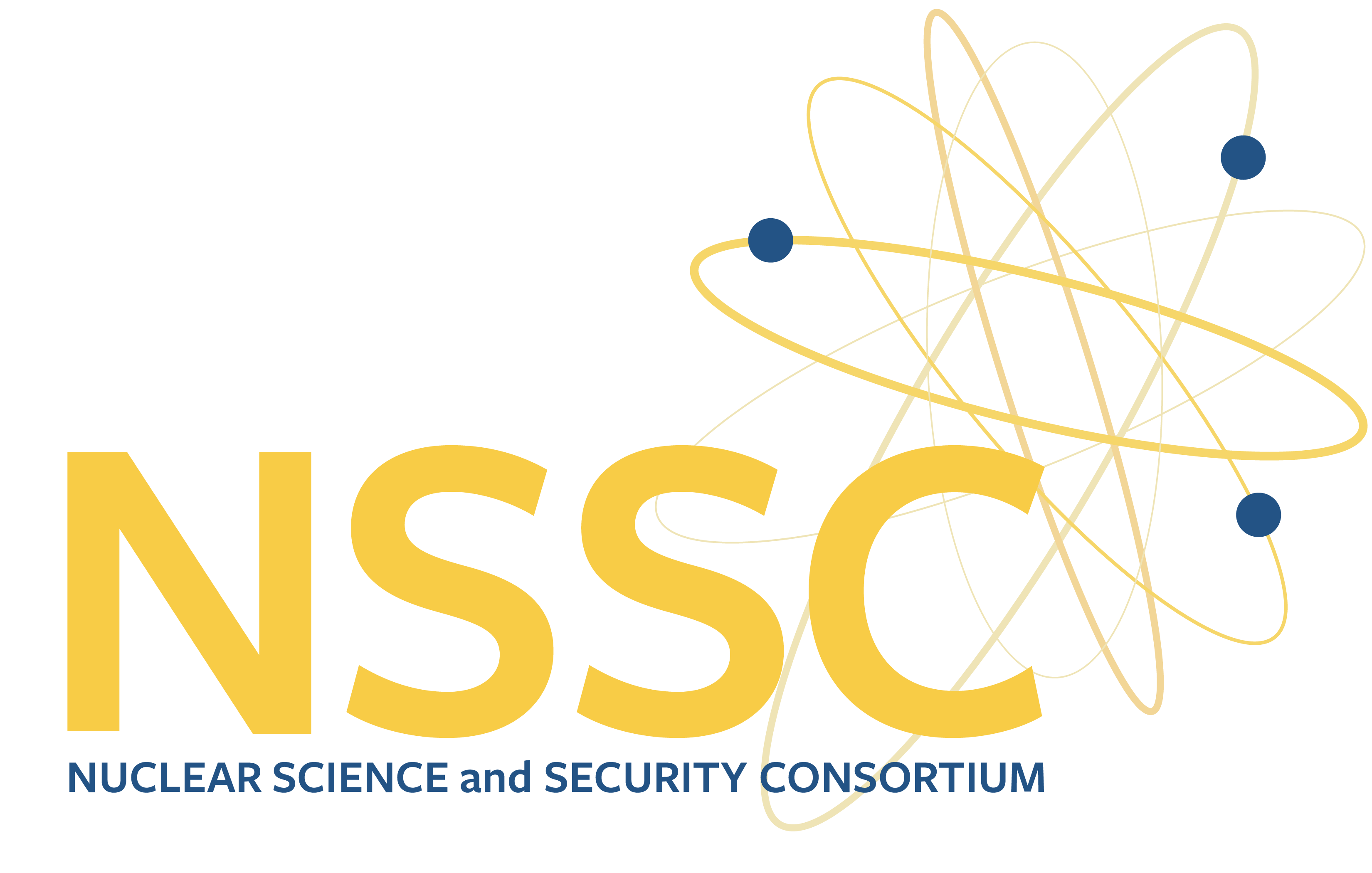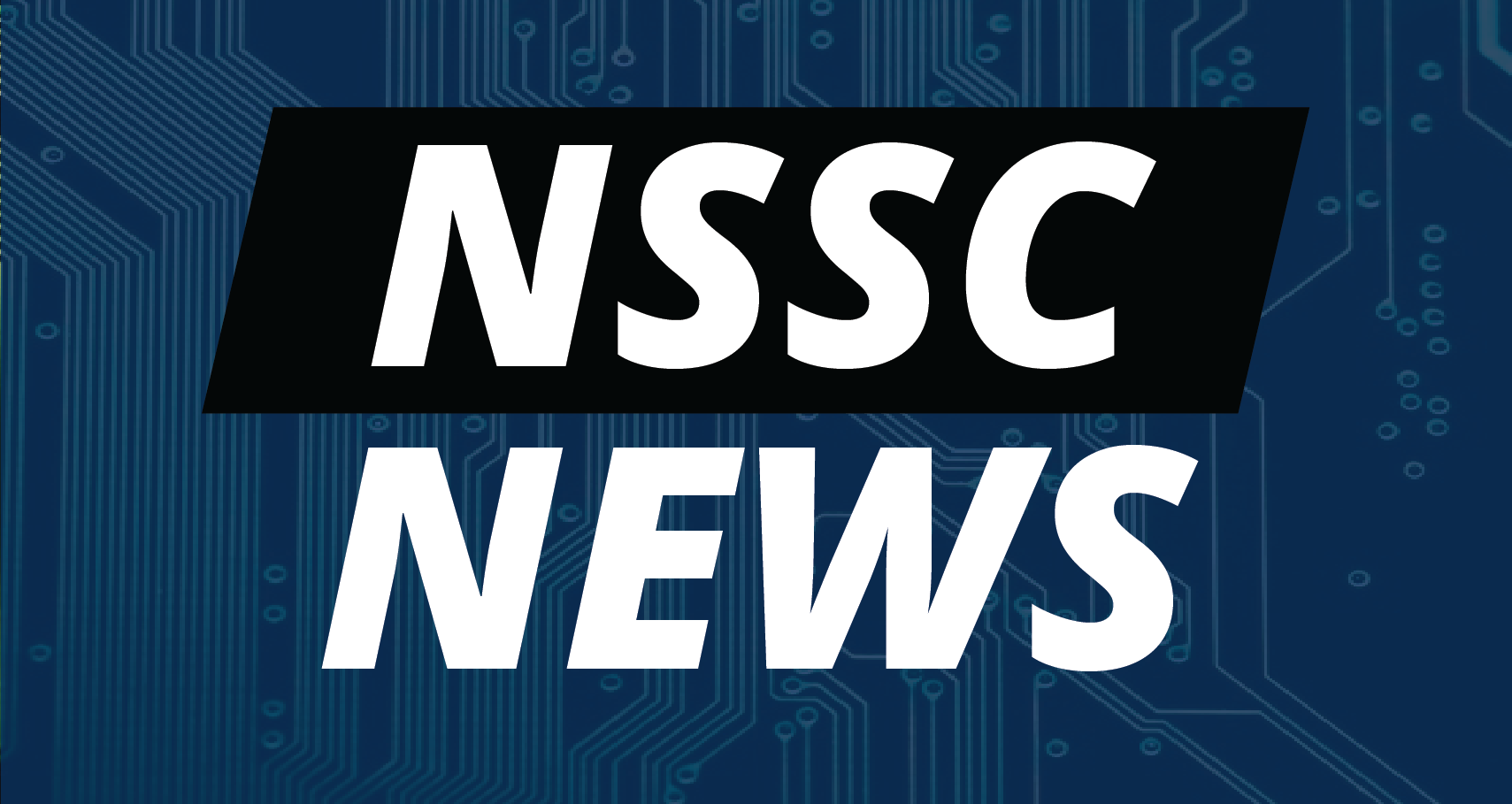Berkeley-led consortium awarded $25 million to advance nuclear security
Article by Kara Manke A five-year, $25 million grant from the U.S. Department of Energy’s National Nuclear Science Administration (NNSA) will keep UC Berkeley at the helm of a multi-institution consortium dedicated to advancing research in nuclear science and security and training the next generation of nuclear scientists and engineers. This is the third time the … Read more


